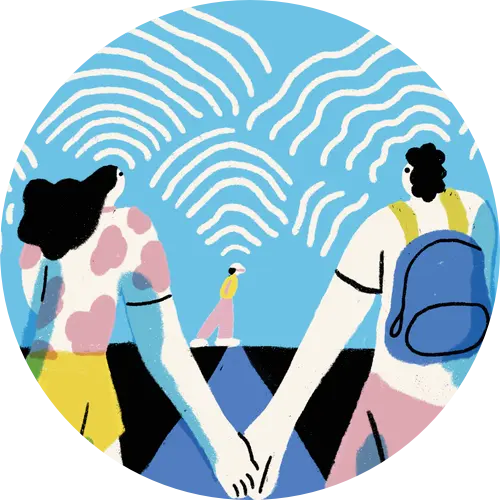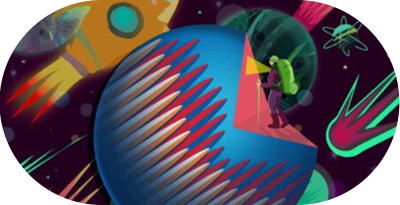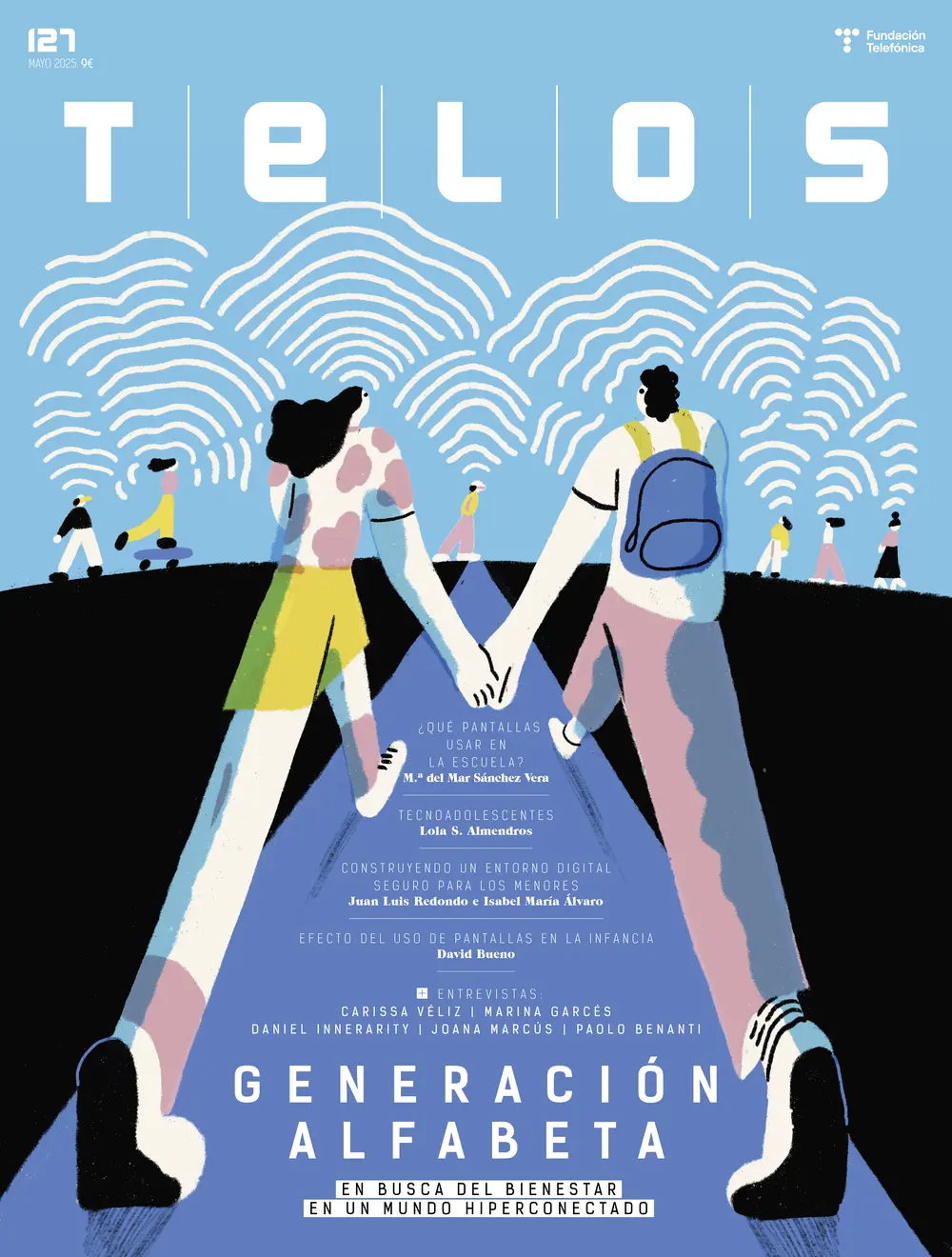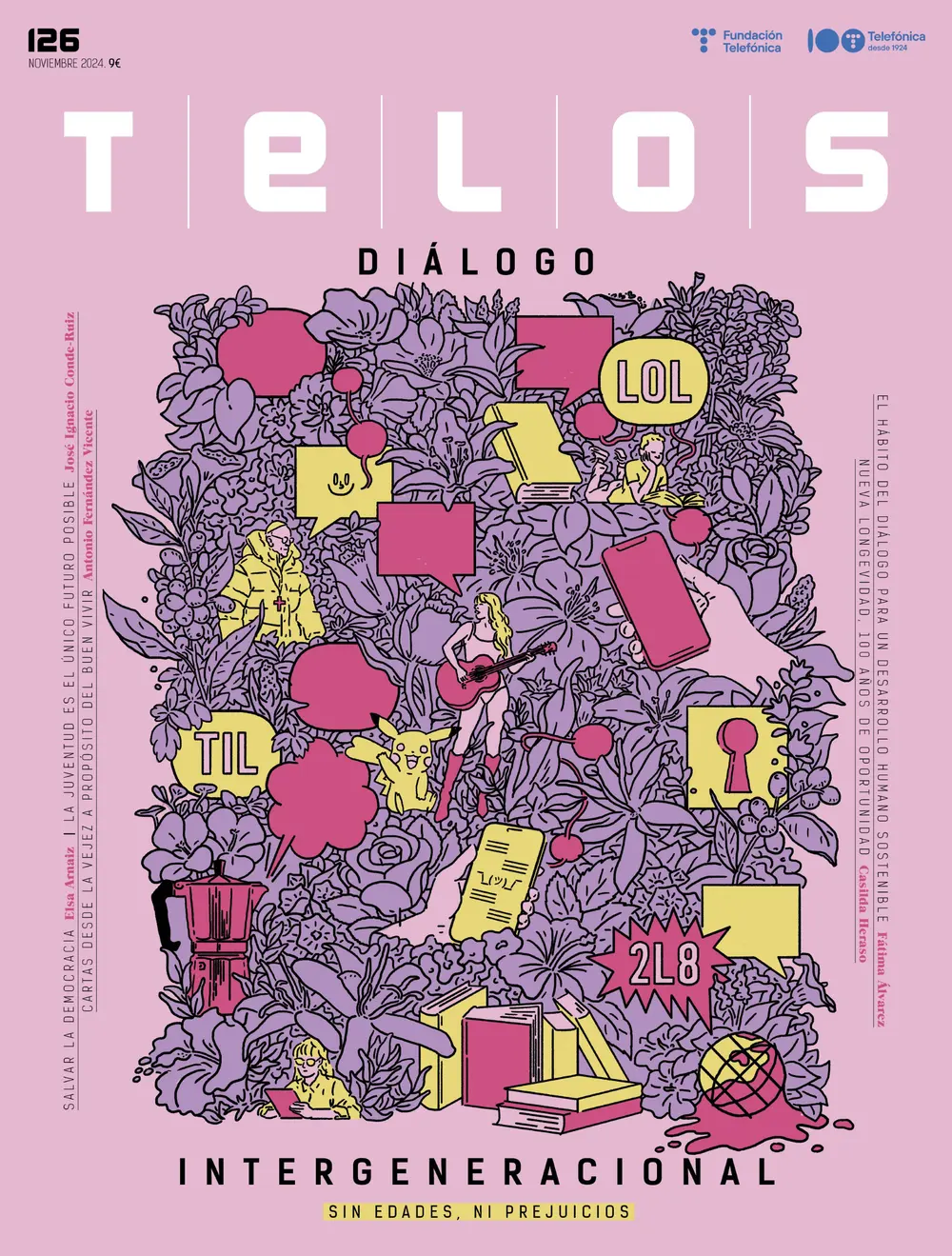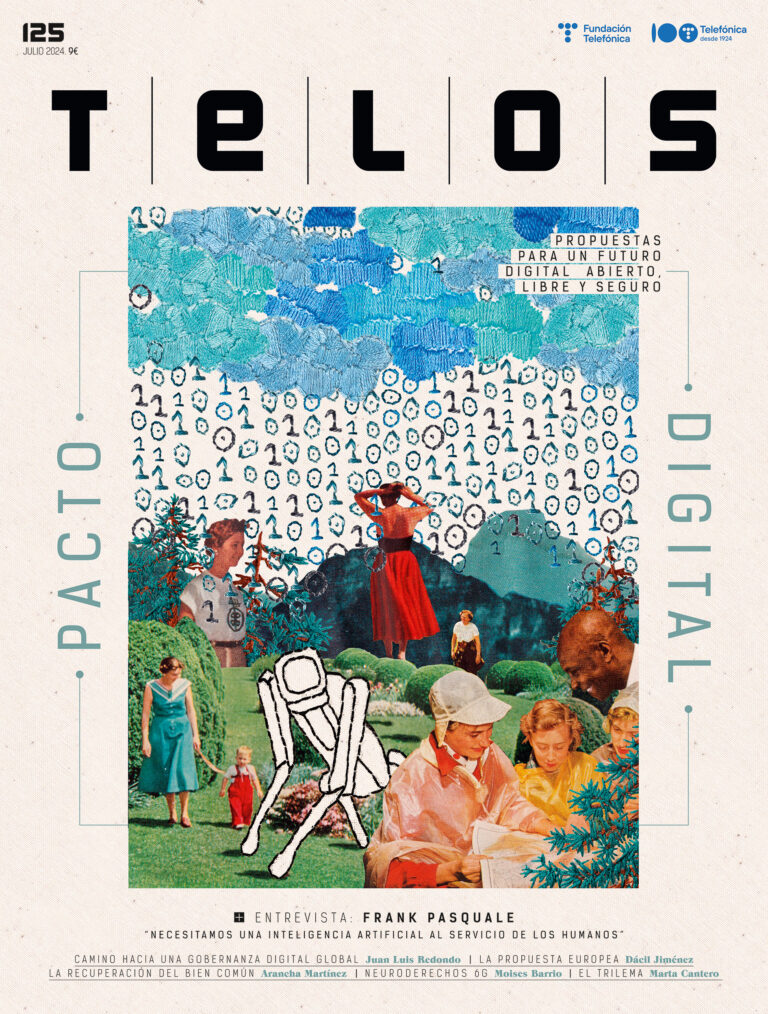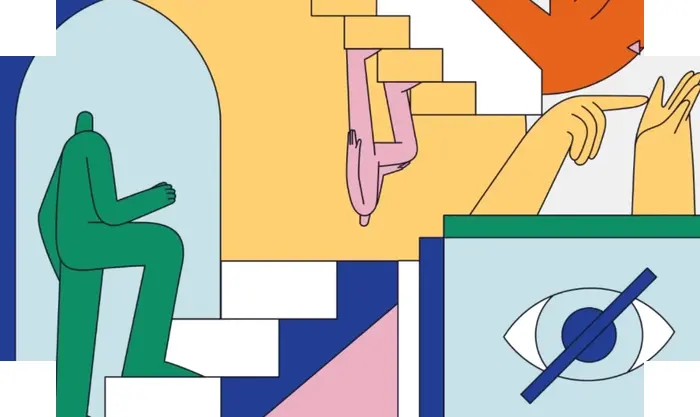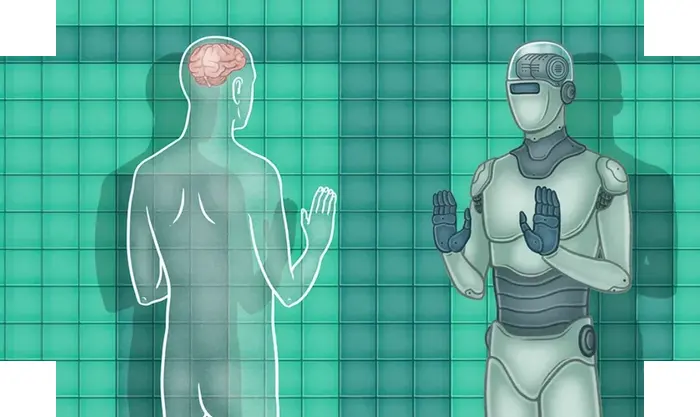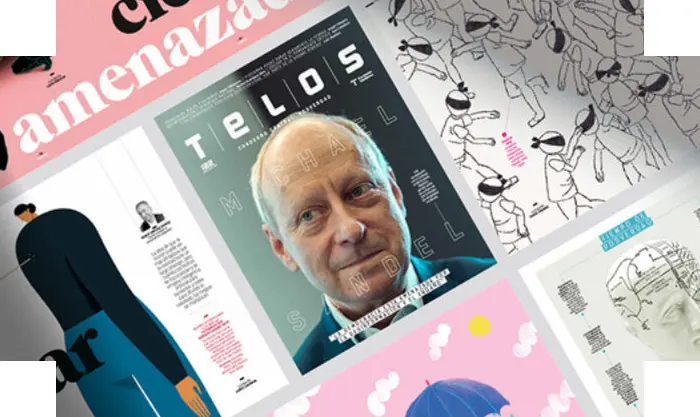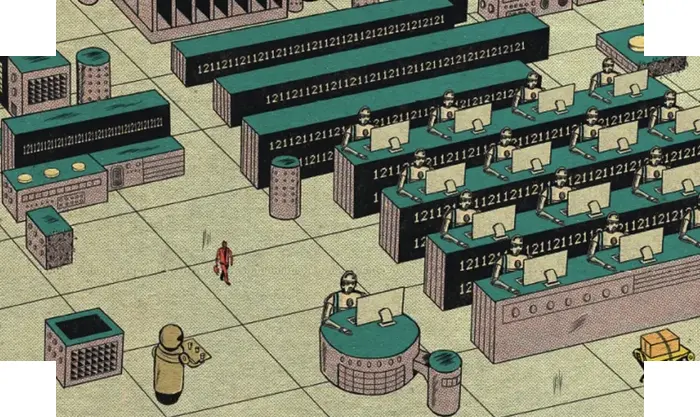TELOS, the magazine you need to understand the future
We are witnessing a process of change of an intensity and acceleration unique in the history of mankind. The Information and Knowledge Society, characterized by the mastery of Information and Communication Technologies – the mainstay of development in the final stretch of the 20th century – is combined with substantial advances in processing capacity and the deployment of ultrafast broadband infrastructures. Technological progress in areas such as robotics or artificial intelligence and scientific advances in fields such as biotechnology, the study of the brain or nanotechnology are converging. This confluence creates a scenario of techno-scientific singularity of exponential development that will alter all areas of our lives.
Telos magazine, which was born in 1985 as a platform for research and reflection in the entire field of social communication, approaches this scenario from multiple planes and approaches. A benchmark in thinking on communication, technology and society, the editorial activity of TELOS is based on the principles of dissemination, participation and analytical rigor.
The commitment to current affairs and the will to anticipate are in the DNA of Telos, as well as its academic solidity and an approach that makes room for cutting-edge research, social conflicts and the new manifestations of the culture of the 21st century.
What is it?
A journal of critical thought born in 1985 as a platform for research and reflection in the field of communication. Over the years, it has become a reference title in critical thinking. Free download.
Telos website
What is its aim?
Its aim is to maintain the academic strength of the journal, the rigour of its analysis, while broadening its focus to include cutting-edge research, social conflicts and new manifestations of 21st century culture.
The magazine
What does it aspire to?
TELOS is already a benchmark in the analysis of changes and in the prospective of what is to come in an interconnected and global society. The old maps are no longer useful and open, participatory and collaborative knowledge is essential to develop a new culture.
More articles